What is TikTok for Business?
With over one billion users worldwide, TikTok is not only one of the most popular social media platforms, but it is also one of the most lucrative for content creators and businesses alike. With the majority of users being between the ages of 18-24, many companies have pivoted their promotional activities from traditional sources, such as television, to new outlets, such as TikTok.
What is TikTok for Business?
TikTok for Business is the business division of TikTok that caters to companies and provides them with a large platform to promote themselves. TikTok for Businesses offers various methods through which companies can increase engagement, such as hashtag challenges, interactive polls, and advertisement campaigns. With respect to ads, TikTok for Business allows companies to either create and post their own advertisement videos on the app, or to directly use TikTok’s ad platform which places the ads in between videos on the app. This way, users will interact with the ads as they scroll through their feed.
What type of content should businesses create on TikTok?
Perhaps one of the greatest advantages of social media platforms such as TikTok is the level of versatility offered. Businesses seeking to expand their brand and engage with consumers can take advantage of popular TikTok trends, such as hashtag challenges, how-to videos, before and after videos, and process videos, all of which will help increase their online presence.
Hashtag challenges are particularly popular on TikTok at the moment. They originate when a user challenges others to make a specific post on the app and tag them using a dedicated hashtag. When high-profile users and brands involve themselves in these challenges, it provides them with significant exposure and allows them to market their products to a diverse group of users. Brands have the opportunity to join popular hashtag challenges, and therefore already integrate themselves in something seen by millions of users on a daily basis, or they may opt to create their own challenges that are uniquely tailored to their brand.
How-to videos are a great way for companies to showcase their products. Much like the hashtag challenge videos, brands may select to create their own how-to videos or may partner with popular TikTok influencers. For example, beauty and cosmetic brands often partner with influencers to create short videos showing the influencer applying and describing a specific kind of product. Given the high volume of views that videos by TikTok influencers receive, partnering with them for how-to videos is a wonderful way to take advantage of an existing consumer base and advertise directly to them.
Similar to how-to videos are before and after videos. They are very popular amongst make-up influencers, and are a great source of promotion for beauty brands. The content of the videos tends to follow a routine pattern: a popular influencer describes the product they will be applying; they record themselves applying the product, which is often sped-up to save time; and at the end of the video, they show the results and talk about what they thought of the product and its various uses. These videos are best for products that are highly visual, such as cosmetic products, and are meant to encourage the viewer to purchase the product in order to obtain similar results.
Lastly, process videos provide wonderful brand exposure while showcasing to viewers the “behind-the-scenes” aspect of various products. The power of these videos is in their ability to demonstrate to viewers the level of dedication and quality that is involved in the creation of their favorite products. Process videos may be employed by food brands, taking viewers on a journey to uncover how the snacks they love to eat are created. Other popular brands that utilize process videos are mechanic and restoration brands. These brands employee process videos to demonstrate to users the hard work and dedication they employ to turn rusty old products into seemingly brand-new items.
*Disclaimer: this blog post is not intended to be legal advice. We highly recommend speaking to an attorney if you have any legal concerns. Contacting us through our website does not establish an attorney-client relationship.*

